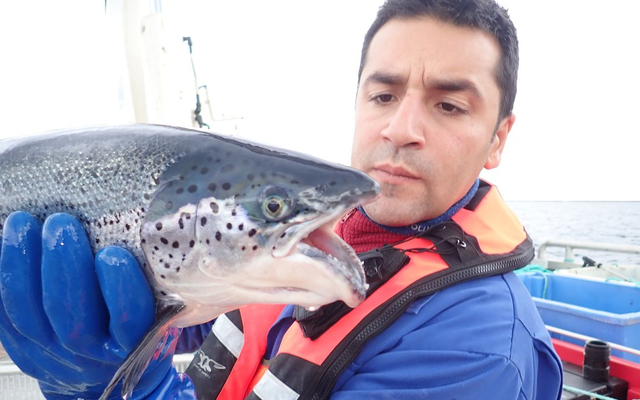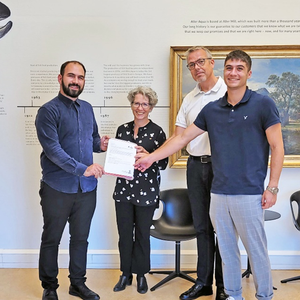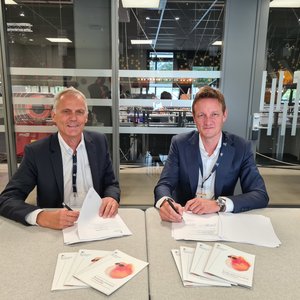A new study concluded that more research is needed to improve the welfare and performance of triploid salmon in fish farms after comparing the welfare of triploid and ordinary (diploid) salmon in commercial fish farms. The project, a collaboration between fish farmers, AquaGen and the Norwegian Institute of Marine Research, found that that triploid salmon is not as robust as ordinary diploid salmon.
To prevent farmed salmon escapes from affecting the genetics of wild salmon, triploid salmon have been tested at four farming companies along the Norwegian coast.
“Although many attempts had already been made on a small and medium scale, there was a lack of knowledge about how well they would do under commercial, large-scale conditions. The new results show why it is important to document fish welfare under realistic conditions in commercial fish farms. The conditions are so complex that it is not possible to recreate in experiments in the lab,” said researcher Lars Helge Stien.
These results are now used to make new controlled experiments in the lab to find out more about why triploid salmon is less robust and how this can be improved. “When we now see that triploid salmon have poorer conditions in the cages, the wisest thing we can do is take a step back and find out how triploid farmed salmon can become more robust before we do new studies in a commercial setting,” said Angelico Madaro, researcher at the Institute of Marine Research.
Check out the study here.













